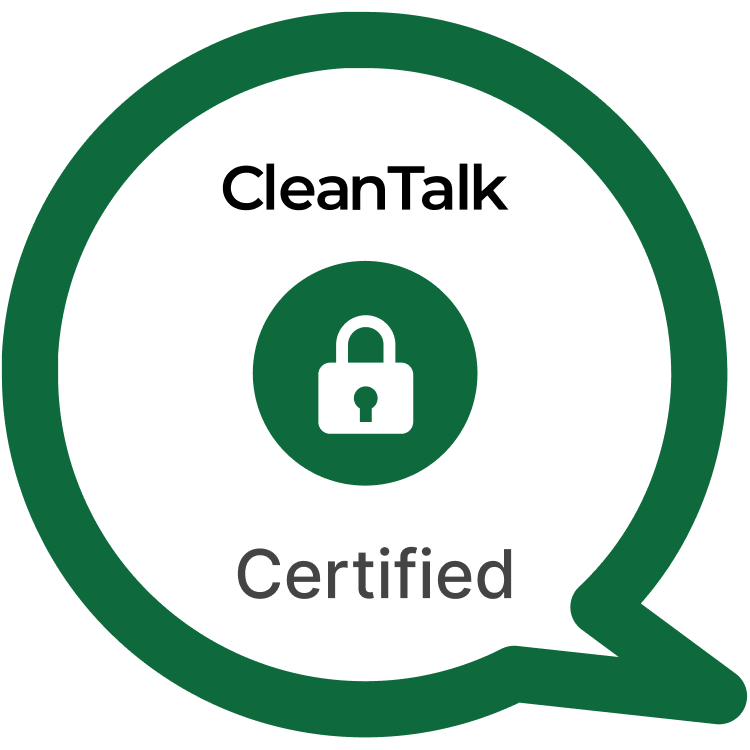The discovery of CVE-2024-2837 has unveiled a chilling reality within WP Chat App, where a Stored XSS vulnerability lurks. This flaw permits the injection of malicious scripts, opening the floodgates to potential backdoors. Let’s delve into the depths of this digital menace. (if an attacker has previously hijacked an administrator or editor account, he can plant a backdoor to regain access back).
CVE-2024-2159 – Sassy Social Share – Stored XSS to JS backdoor creation – POC

A critical vulnerability, CVE-2024-2159, has been uncovered in Sassy Social Share, exposing websites to a potent threat. This flaw allows attackers to execute Stored XSS attacks, potentially leading to JavaScript backdoors and compromising website integrity. (if an attacker has previously hijacked an administrator or editor account, he can plant a backdoor to regain access back).
Plugin Security Certification: “WPFront Scroll Top” – Version 3.0.1: Scroll with Enhanced Security

Are you looking for a seamless scrolling experience on your WordPress website, coupled with robust security features? Look no further than the WPFront Scroll Top plugin. With WPFront Scroll Top, visitors can effortlessly navigate back to the top of your page with customizable options and animations, all while ensuring top-notch security measures.
Plugin Security Certification: “Duplicate Page and Post” – Version 2.9.4: Duplicate pages with Enhanced Security

Duplicate Page and Post plugin offers a streamlined solution for WordPress users seeking to replicate pages, posts, and custom posts with ease. With a single click, users can create clones of their content, saving them as drafts for further editing or publishing. Unlike other plugins with a plethora of features, Duplicate Page and Post prioritizes efficiency without compromising on security.
CVE-2024-2310 – WP Google Review Slider – Stored XSS to JS backdoor creation – POC

CVE-2024-2310 exposes the perilous side of WP Google Review Slider. This vulnerability, discovered during plugin testing, transforms innocuous user interactions into a gateway for malicious actors, potentially compromising website security. (if an attacker has previously hijacked an administrator or editor account, he can plant a backdoor to regain access back).
CVE-2024-3188 – Shortcodes Ultimate – Stored XSS to Admin Account Creation (Contributor+) – POC
Plugin Security Certification: “Metricool” – Version 1.24: Use metrics and analytics with Enhanced Security

Are you looking to harness the power of analytics and metrics for your WordPress website while ensuring top-notch security? Look no further than Metricool, the plugin that seamlessly integrates your WordPress site with Metricool’s comprehensive analytics platform.
With Metricool, you gain valuable insights into your website’s performance and audience engagement. From tracking page views to analyzing social media metrics, Metricool empowers you to make data-driven decisions to optimize your online presence.
CVE-2024-2972 – Floating Chat Widget (Chaty) – Stored XSS to JS backdoor creation – POC

The discovery of CVE-2024-2972 sheds light on the vulnerability within Floating Chat Widget (Chaty), unraveling the potential for Stored XSS exploitation. This flaw raises concerns over website security and the potential for malicious backdoor creation. (if an attacker has previously hijacked an administrator or editor account, he can plant a backdoor to regain access back).
CVE-2024-3261 – Strong Testimonials – Stored XSS to Admin Account Creation (Contributor+) – POC
CVE-2024-2118 – Social Media Share Buttons – Stored XSS to JS backdoor creation – POC

A critical vulnerability, CVE-2024-2118, threatens WordPress sites using Social Media Share Buttons. This flaw enables malicious actors to execute Stored XSS attacks, opening the door to account takeovers and backdoor creation. (if an attacker has previously hijacked an administrator or editor account, he can plant a backdoor to regain access back).